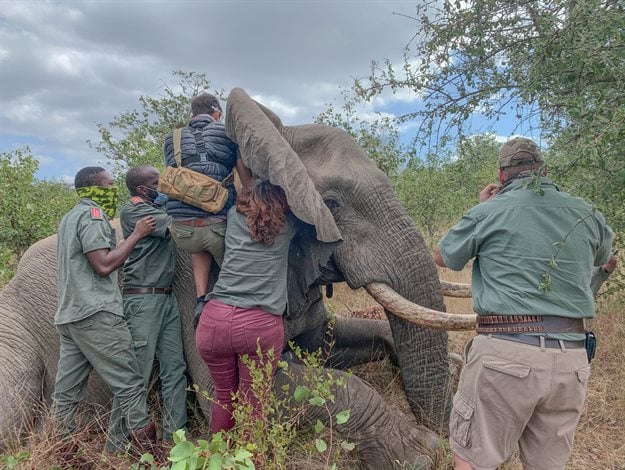
Top stories






More news
















The virtual experience will take place on Saturday, 8 August, just ahead of World Elephant Day.
The organisation has been studying the elephants in the area for nearly 25 years, their work spanning three countries, where the tracked elephants go. The Kruger National Park and the private reserves bordering the park in South Africa, Gonarezhou National Park in Zimbabwe and Parque Nacional de Limpopo in Mozambique represent the core areas of movement.
Elephants Alive has collared nearly 200 animals and can individually identify more than 2,000 elephants from their tusk and ear patterns by recording features like ear tears, notches and holes, as well as tusk shape. This work has provided a unique insight into the social bonds, breeding behaviour and their movements over time.
Elephant collars provide scientific information, helping the organisation understand their movements in response to safety, sex, food and water. The data also maps ‘fear-landscapes’ – areas elephants are avoiding. This remote tracking detects if a collar stops moving, if it is too close to villages or if it’s moving at unusual speeds – all of which could indicate a potential poaching event. The collars provide real-time data so rangers or a response team can investigate.
Data has shown an elephant named the Bahnine Bull, first collared in southern Mozambique, moving between Banhine, Zinave and Limpopo National Parks in Mozambique, as well as venturing into Kruger National Park in South Africa (more than 6,000 kilometres in a single year). These movements show how important safe corridors are between the reserves and how protected areas need to incorporate a much wider landscape to do justice to the potential home range of an elephant.
Collaring elephants is expensive (around R90,000 a collar) and the virtual collaring is being trialled as a fundraising event. It’s being run in partnership with Blue Sky Society whose mission is to protect, preserve and improve life for wildlife and communities in need. The live broadcast technology is provided by Painted Dog TV.
For more information, and to book a tickets to watch the virtual experience, click here. The ticket price goes to funding Elephants Alive’s ongoing work.